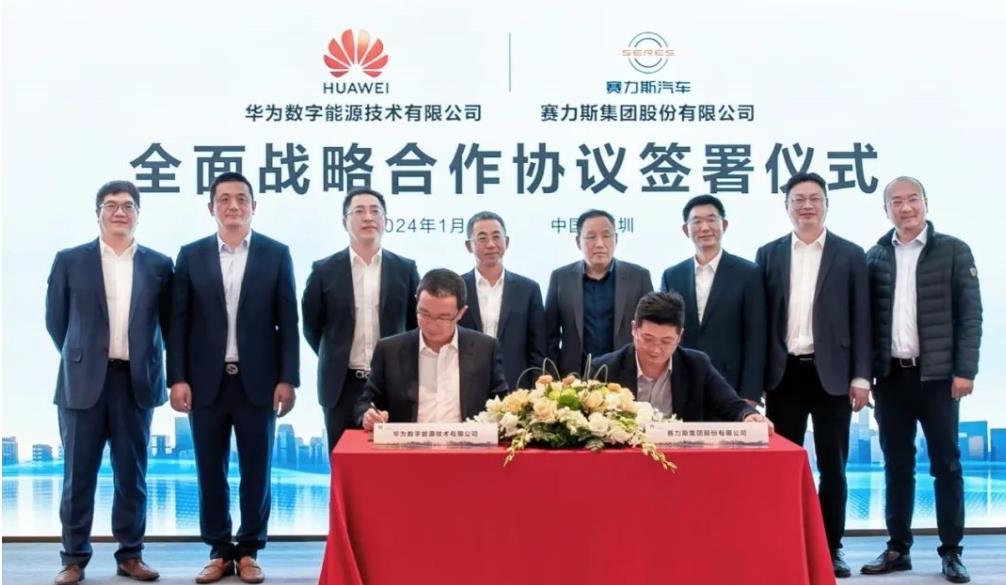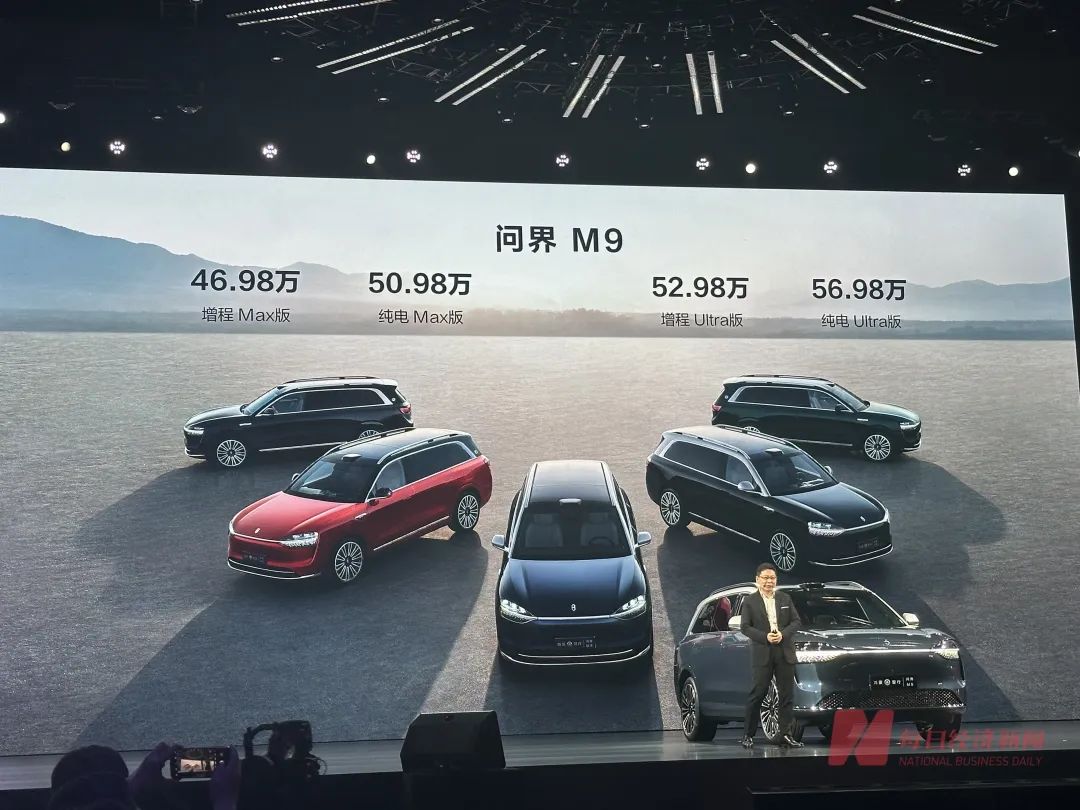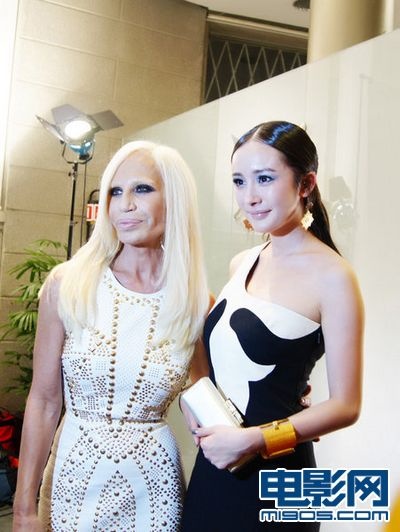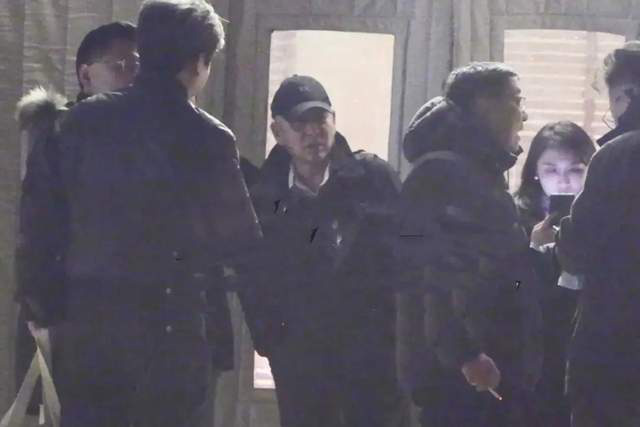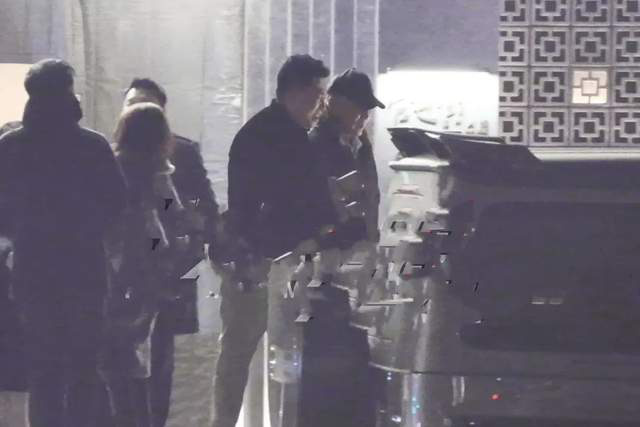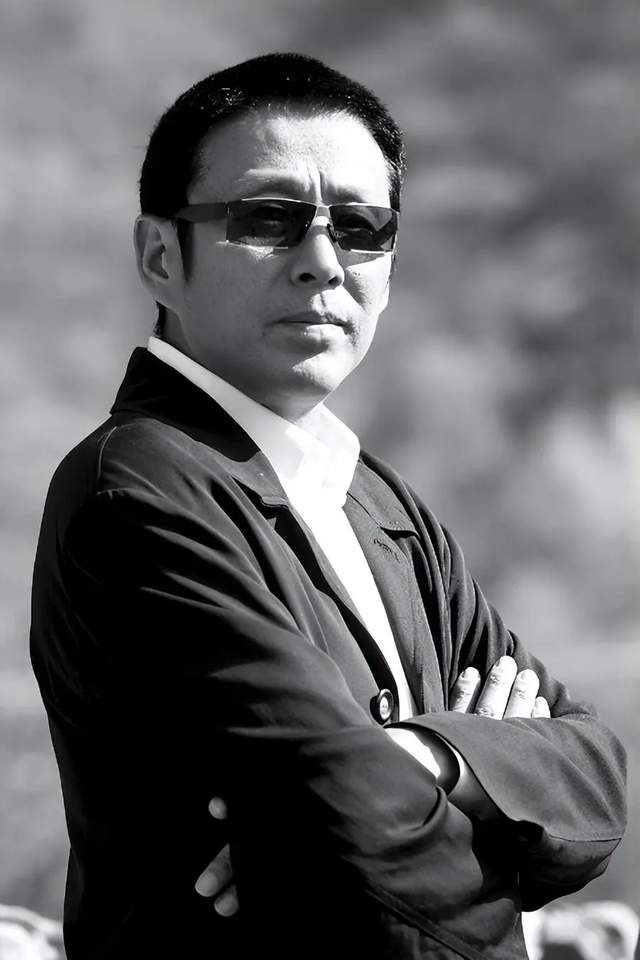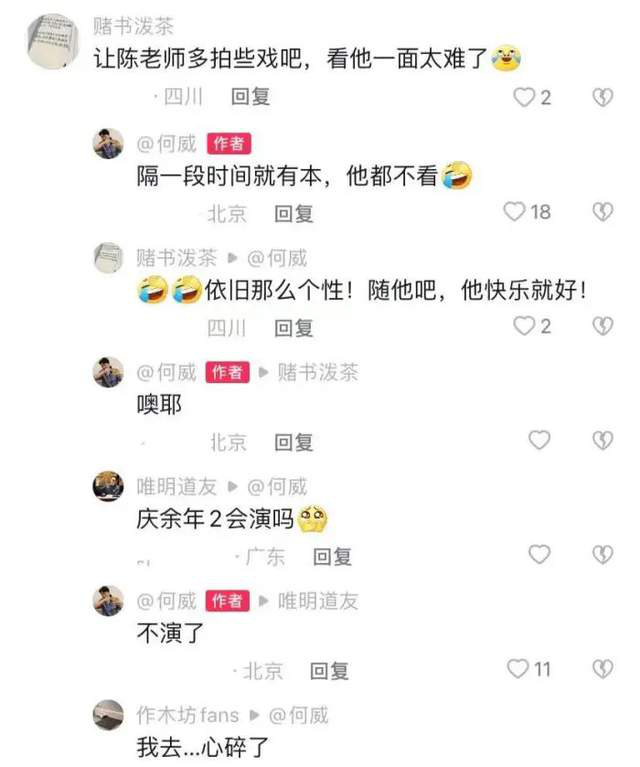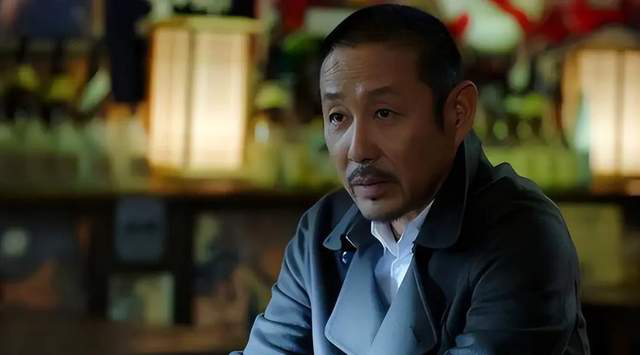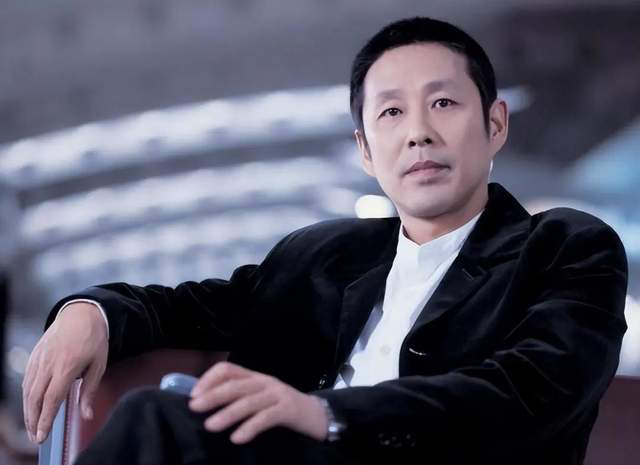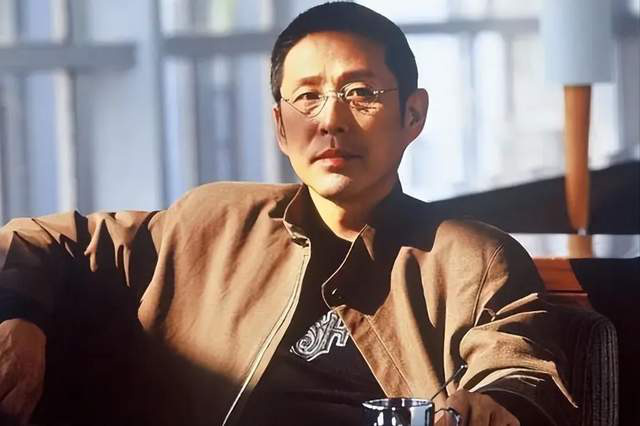After strengthening the real-name system, are concert tickets easy to grab?
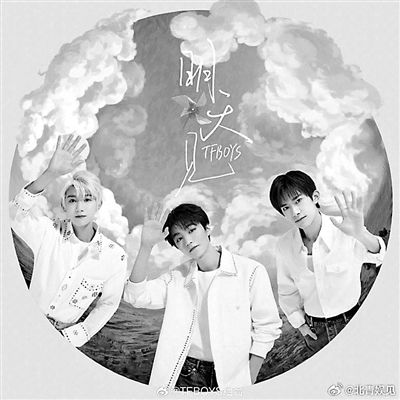
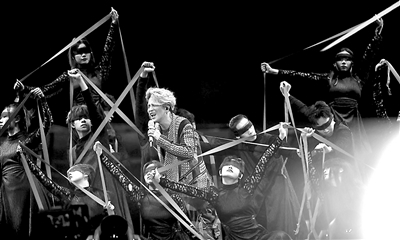
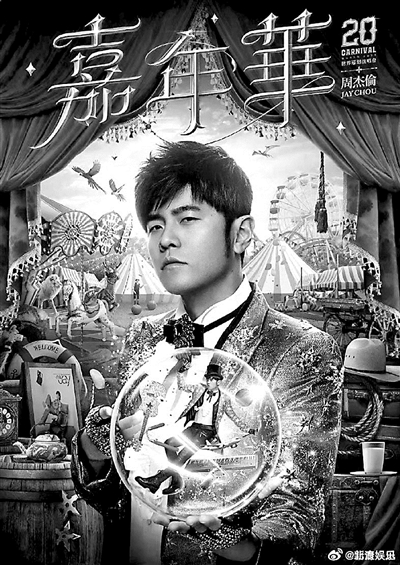
With the strong recovery of the performance market, large-scale concerts have blossomed everywhere this year. While fans are hooked, they are also plagued by scalpers’ ticket speculation.
To this end, the Ministry of Culture and Tourism and the Ministry of Public Security issued a notice in September this year that large-scale commercial performances with more than 5,000 people require a strong real-name system for purchasing tickets, that is, only one ticket can be purchased per ID document for each performance, and the identity information of the ticket buyer and the attendee must be consistent and cannot be transferred. This effectively controls the situation of scalpers scalping concert tickets.
At the same time, many netizens reported that it was still a bit difficult to watch concerts, and even some concerts and shows were more difficult to grab than before.
Tickets for top artists are still hard to grab, and the speed is "unrealistic"
In October this year, the Shanghai station of Jay Chou’s concert fired the first shot in the "ticket defense battle": the concert implemented a strong real-name policy for the first time, and tickets could not be transferred or resold after purchase. The effect of the tough policy was immediate – a few days before the concert started, scalpers had to cut meat in order to reduce losses, and accepted a 20% compensation.
After Jay Chou’s concert in Shanghai, other artists began to force real-name ticket purchases one after another, effectively controlling scalpers’ reselling of concert tickets. This made many fans applaud, saying that they could finally grab tickets quickly on the ticketing website, and some shows didn’t even need to be grabbed, "you can buy tickets at a leisurely pace"; some artists even sold tickets at a discount, which was cheaper than the price.
But at the same time, it is still difficult to grab tickets for top artists after the real-name system. On November 18, CCTV held an online survey on "Is it easier to grab tickets after the real-name system for concerts?" 34,000 of the 61,000 who participated in the poll chose "’Monks have more than porridge,’ it is still a little difficult," and only 7,581 chose "It is much easier than before." This shows that after the strong real-name system, it is still difficult to buy tickets for concerts.
Tickets for these concerts are difficult to grab, mainly because there are too many people who want to see them, and the number of tickets is limited. Take Jay Chou’s Carnival Tour Tianjin Station as an example. According to Damai.com, there are 4 rounds of ticket grabbing opportunities for concerts. Nearly 130,000 tickets are released, and more than 5.20 million people are marked "want to see" – the chance of grabbing tickets is very small.
Xiao Fei, a veteran performance planner who has planned many large-scale concerts, analyzed in an interview with a reporter from Beijing Youth Daily: "From a positive perspective, it shows that the supply and demand relationship is not balanced, and under the seller’s market, the value of the goods themselves is greater. In layman’s terms, the market appeal of artists is strong, that is, it is difficult to find a vote."
There are less professional scalpers for passers-by?
In an interview with a reporter from Beiqing Daily, it was found that after the real-name system was strengthened, a new industrial chain emerged: some "scalpers" developed software specially used to grab tickets, and even formed a "thousand people to grab tickets" team. They will bind the customer’s ID information in advance to help grab tickets – if successful, a high fee will be charged; if the ticket is not grabbed, 100% refund will be returned to the customer.
The interview found that these robbed in various ways are only "retail scalpers".
Mayday fans Nian Nian (pseudonym), who started chasing concerts in 2012, told the Beijing Youth Daily reporter that after the strong real-name system, "institutional scalpers" and ticketing companies began to pay crazy premiums. "The’passer-by scalpers’ that have been boycotted by many people are rare under the strong real-name system, but professional scalpers earn more. Ordinary consumers are also more restricted: I finally found a dozen friends to grab two tickets, but because it is not my information, I can’t transfer them. Ordinary consumers are helpless to grab tickets, but scalpers are’more ways than more difficult ‘."
Inside tickets are in demand? Grandstand tickets are 2 to 3 times premium
Generally, the price of grabbing tickets ranges from a few hundred to a few thousand yuan, and the more expensive ones are some premium internal tickets, including the so-called "invitation letter" of internal tickets. Shortly after the official announcement of the "TFBOYS Ten Year Appointment" concert in July and August this year, there were media reports that the first row of tickets had been priced by "scalpers" to 200,000 yuan each, and the second and third rows were also 150,000 yuan each. There are even chat records showing that the first five rows of single tickets for the concert were fried to 500,000 yuan, and the price of a first row ticket was 2 million yuan. These internal tickets can be scanned to enter personal names, ID cards and other information, which are displayed in the electronic ticket folder of the official ticketing platform and cannot be transferred. Soon, the organizers announced that there were no invitations to the concert, calling on the public not to believe in "scalpers".
Recently, the reporter consulted an online ticketing customer service as a consumer and learned that in the recent Times Youth Troupe Macau concert, the seat with a ticket of 780 yuan reached a maximum of 13,000 yuan, and the seat with a ticket of 2,600 yuan reached a maximum of 26,000 yuan. In the current market, it is normal for ordinary stand tickets to have a 2 to 3 times premium. It seems that the premium for concert tickets for top artists is very serious. Many netizens therefore asked: How did some scalpers and ticketing agencies get these tickets?
Meng Lun, a veteran performer, said that although the strong real-name system is currently being implemented smoothly, it is not easy to completely resist "scalpers". There will always be new scalping models in the market. "When the market is hot, there will be various channels to sell tickets to scalpers. Regulators need to adjust their management methods in a timely manner."
Some industry insiders have also revealed that the primary ticketing market, which openly snatches tickets, is just one of many channels for the organizers. Some organizers and official ticketing platforms resell some tickets to scalpers at high prices in order to make money, resulting in only a small part of the actual public ticket sales. In this way, it even creates the illusion that the concert is hot and one ticket is hard to find, which facilitates the sale of high-priced tickets in the secondary market.
"Out of stock registration" There is a singer behind the concert, and the stands are empty.
Falsehoods are always exposed.
The audience at the Guangzhou station of Huang Zitao’s 2023 tour concert found that there were still many empty seats in the infield and stands until the concert was about to start. On a ticketing platform, the original price of 2368 yuan for the infield ticket was only 262 yuan, and fans could "upgrade for free". Such "benefits" made the audience who bought tickets at the original price very unbalanced – it turned out that the official ticketing platform had marked "out of stock registration" on all ticket files early on, but now it seems that it is obviously not true. The original two concerts were scheduled, but the organizers later announced that the artist was sick and lost his voice and cancelled the performance on November 17. Tickets for the 18th were sold out except for the two stalls with the lowest price of 368 yuan and 502 yuan. Therefore, some people speculate that the reason for the cancellation of the concert on the 17th may also be related to the poor ticket sales. In addition to the "broken" tickets, the infield seats were vacant and the order was chaotic. Some people even said in Moments that they went in without spending money – because there were too many empty seats at the scene, they went in to help fill the number of people. Some netizens said that they could buy tickets at 9.9 yuan on a certain platform.
observe
There’s a lot more work to be done.
Obviously, the strong real-name system still needs to be improved – although many concerts have begun to implement "one person, one certificate, one face", there are still some organizers who do not strictly enforce it.
At the same time, many consumers report the inconvenience caused by the implementation of the strong real-name system: when ordinary consumers need to refund tickets due to some force majeure factors, the platform does not have a comprehensive solution. Not long ago, the Jiangsu Provincial Consumer Protection Committee put forward suggestions on the purchase of tickets under the strong real-name system, believing that the sports and entertainment industry can refer to the railway ticketing mechanism, improve the process of ticket purchase and refund, improve the after-sales services mechanism, and establish a complete "alternate" and "refund" process to avoid the flood of scalpers in the secondary market.
Xiaofei believes that the strong real-name system has dealt a great blow to scalpers and effectively promoted the healthy development of the performance market. At the same time, how to balance the real-name system with the normal demand of refund and transfer is also a test for market managers. "The big reason for the organizers’ premium is that they claim that the tickets have been sold out. Whether it is really sold out requires the relevant departments to strengthen supervision and strengthen the crackdown. In the era of big data, I believe this is not difficult to achieve. Looking forward to a more prosperous and orderly performance market, more rational and mature consumers, and more convenient management measures."
This reporter, Shou Penghuan, intern, Wang Jiayi
Coordinator/Liu Jianghua

